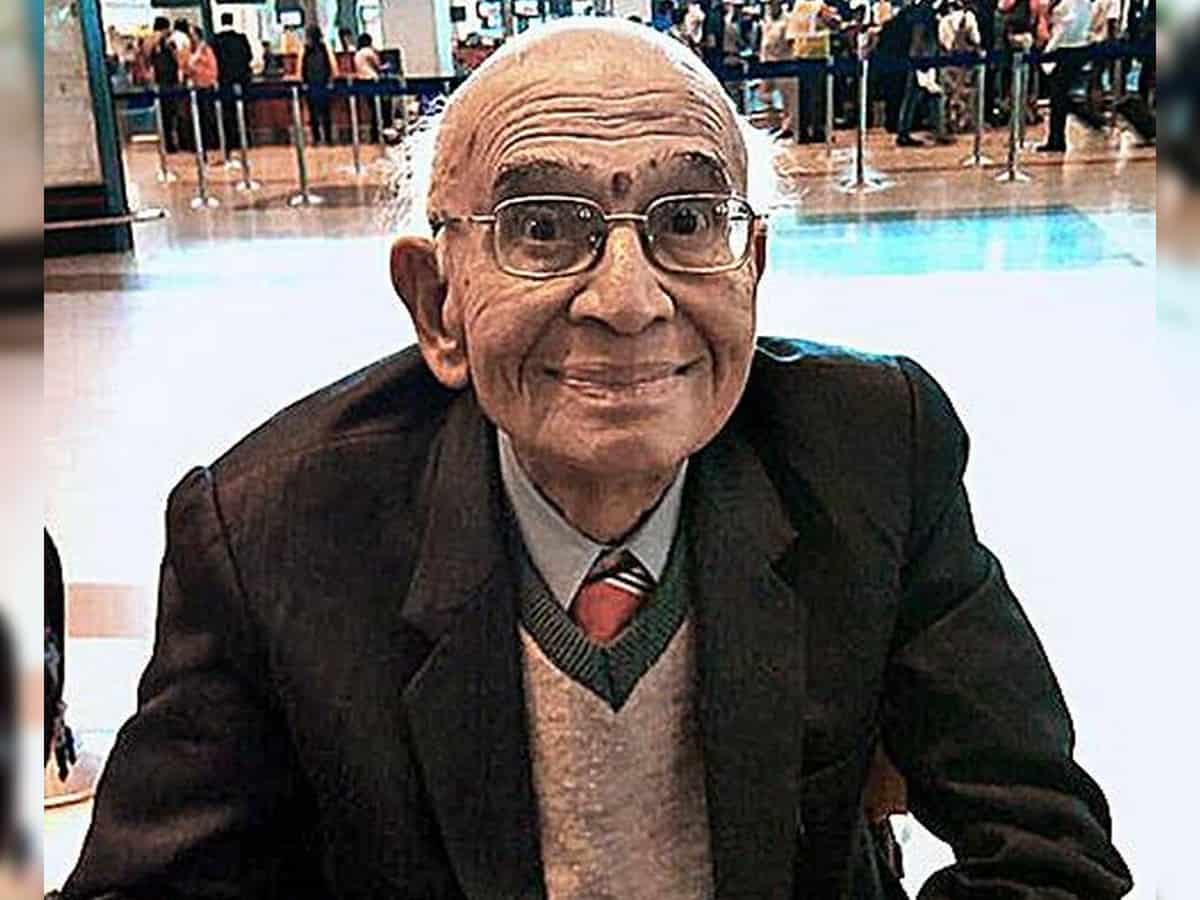“Now, Hyderabad is in my hands.”
This was how Sardar Vallabhbhai Patel exulted after India’s Agent General K M Munshi informed him of the Nizam’s ‘no’ to a proposal by Mountbatten. This was exactly what the ‘Iron Man’ (Sardar Patel) needed to justify the Police Action or Operation Polo that led to the fall of the princely state of Hyderabad and its accession to the Indian Union this day 73 years ago.
Munshi was so anxious to communicate the Nizam’s response that he asked the telegraph people to rush it ‘before the old man changes his mind.’ The rest is history. At the joint broadcast with Munshi after the Surrender, the last of the Asaf Jahi kings was so nervous that he addressed him as ‘KMji, Munshiji’.
Prime Minister Laiq Ali hoodwinked the authorities and fled to Pakistan but the Nizam refused to leave Hyderabad although a plane was kept ready. ‘Shameful’ was Patel’s monosyllabic rebuke to the Chief Civilian Administrator, D. S. Bhakle, for Laiq’s escapade.
This interesting episode figures in the autobiography of Pendyal Vaman Rao who was witness to the historic developments as Correspondent of The Hindu. Many were the anecdotes and tidbits this writer, a regular tea-time visitor to Vaman Rao’s residence, listened at his feet.
Sample this one: The Nizam was annoyed when Jinnah sat cross-legged and smoked before him. Jinnah sought to offer advice, but he bluntly told the visitor to mind his business.
Jawaharlal Nehru, according to Vaman Rao, tried unsuccessfully to defer the Police Action planned by Patel. Hours before the strategic mission was to be launched, Nehru called Patel to restrain him citing the death of Mohammed Ali Jinnah. He was told that Patel was ‘asleep’ and could not be disturbed. Patel did not want to hold the operation when everything was set and ready.
Vaman Rao earned the trust and love of Munshi, and, in a sense, played his part in the developments that led to Hyderabad’s integration with the rest of India. Munshi gave a ride to Vaman Rao in his car to enable him file his report in time. Interestingly, the firebrand Razakar leader Kasim Razvi was a different man at press interactions. Vaman Rao and S.N. Shastri of Hyderabad Bulletin enjoyed good equation with Razvi and the other Majlis leaders.
Vaman Rao would recall how difficult it was to report during the turbulent times. One criticised the government or the Majlis-e Ittehad-ul Musalmeen at one’s own risk. Newsmen who posed inconvenient questions – very few dared to do so though – were intimidated by pro-establishment journos with ‘arrey kya bolrein?’ Government would not directly involve itself in punishing errant journalists. The kotwal saab (city police commissioner) would not dirty his hands. Instead, he would outsource the job to goons. Mir Akbar Ali Khan, a staunch Congressman who later became Governor of an Indian State, was thrashed by anti-social elements for speaking against the Nizam and the Majlis.
Also, newspapers required special branch police clearance before they could be released for distribution.
Dasu Kesava Rao is a seasoned journalist who has worked, among several newspapers, with The Hindu and served as its Bureau Chief in Hyderabad.

